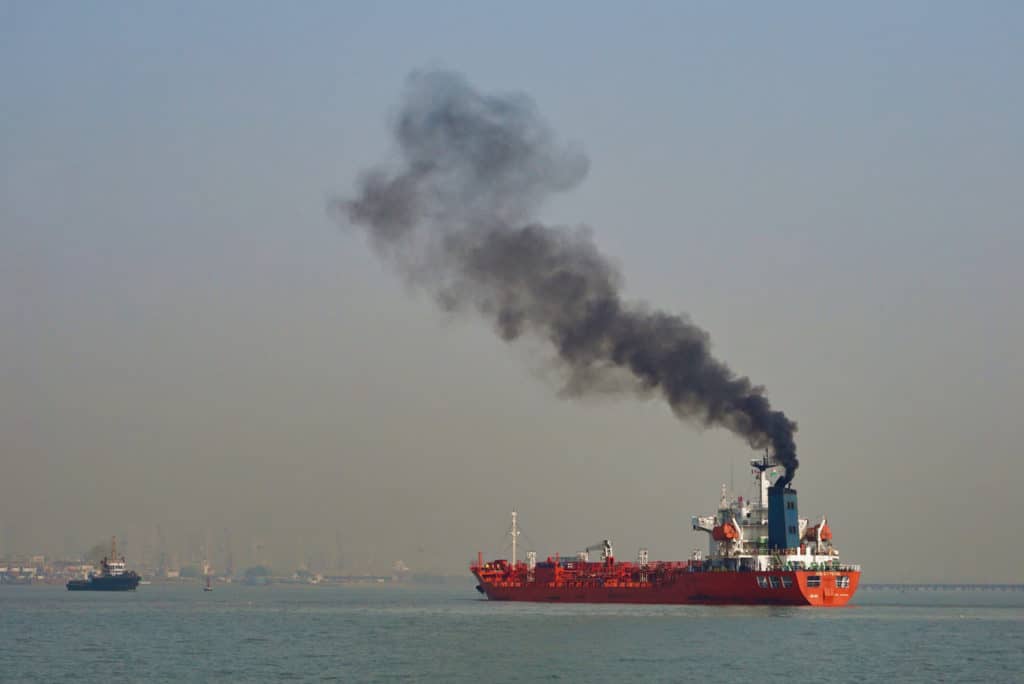First ‘pod’ hotel at Mumbai Central railway station
Indian railways’ first pod hotel was inaugurated at Mumbai Central station on Wednesday, November 17th, by Raosaheb Danve, minister of state of railways.
The hotel is spread over 3000 square feet and is located on the first floor of the station building, with facilities such as 48 capsule-like rooms and separate pods for women and differently-abled persons. Affordable overnight accommodation is also available.
For 12 hours, passengers will have to pay Rs 999, and Rs 1,999 for 24 hours.
Source: Hindustan Times
Private hospital in Mumbai becomes first provide free COVID-19 vaccination
The Bombay Hospital at Marine Lines has partnered with LIC HFL and an NGO called the Golden Hour Foundation to administer 17,000 free COVID-19 vaccinations (both first and second dose) to Mumbaikars.
While other private hospitals have come forward to provide free vaccination to those residing in slums, under CSR (corporate social responsibility) provisions, Bombay Hospital will be the first to make vaccination accessible to people from all socio-economic backgrounds.
Source: News18
Read more: Explainer: how to get vaccinated in Mumbai
Bullet train for Mumbai and Nagpur to reduce travel time
The National High Speed Rail Corporation Limited (NHSRCL) is set to prepare a Detailed Project Report (DPR) for a proposed 766 km bullet train that would cut travel time between Mumbai and Nagpur by over 50 per cent.
The train will pass through 10 districts, for which land will be acquired. “Currently, by road, it takes around 12 hours to reach Nagpur from Mumbai, and the bullet train is expected to reduce the time to four hours,” said an official.
Source: The Indian Express
Mumbai’s AQI remains ‘poor’, warmest mornings in 10 years
On 17th November, Mumbai woke up to the second warmest morning in the city in 10 years. The minimum nighttime temperature was at 26.5 degrees celsius, which was closest to the 27.4 degrees celsius recorded on 4th November, 2018. Humidity that morning was 84%.
AQI that afternoon reduced to 201 from 269 early in the morning.
“Humid air is able to hold heat. There is a weak low pressure system bringing moisture from the sea, and so it has become warmer. The wind speeds are also very slow, and so there is no cooling effect from the sea breeze. But the increasing humidity is also a sign that some thunderstorm development may happen around Mumbai soon. Parts of south Konkan and Madhya (central) Maharashtra got rains on Tuesday evening,” said a meteorologist with the India Meteorological Department’s (IMD) regional forecasting centre in Mumbai.
Source: Hindustan Times

5% of Navi Mumbai population yet to take first dose of COVID-19 vaccine
Despite Navi Mumbai Municipal Corporation’s (NMMC) successful vaccination drive that administered 4500 citizens with the first dose, authorities claim that 5% of the population hasn’t received the first dose yet. In the ‘har ghar dastak’ programme, 5,662 citizens have received the second dose via door-to-door vaccination.
According to HT: The highest number of people who got their first dose is at Ghansoli railway station with 296 people followed by 156 at Vashi railway station and 61 at Nerul railway station. Meanwhile, 1,087 people have received their second dose from the railway station booths with 514 at Ghansoli, 474 at Vashi and 99 at Nerul. Till now, a total of 11.45 lakh people have received their first dose in Navi Mumbai and 6.83 lakh received their second dose.
Source: Hindustan Times
(Compiled by Saachi D’Souza)